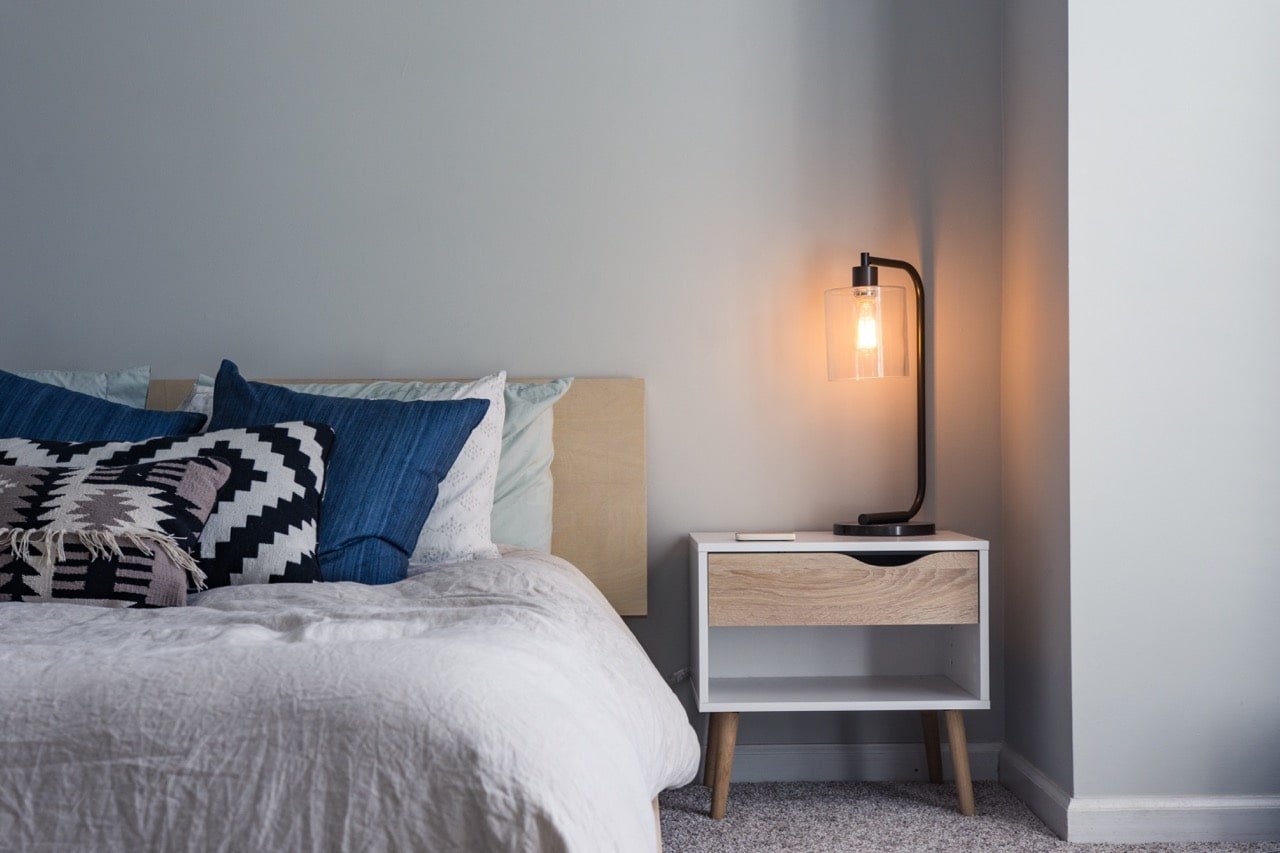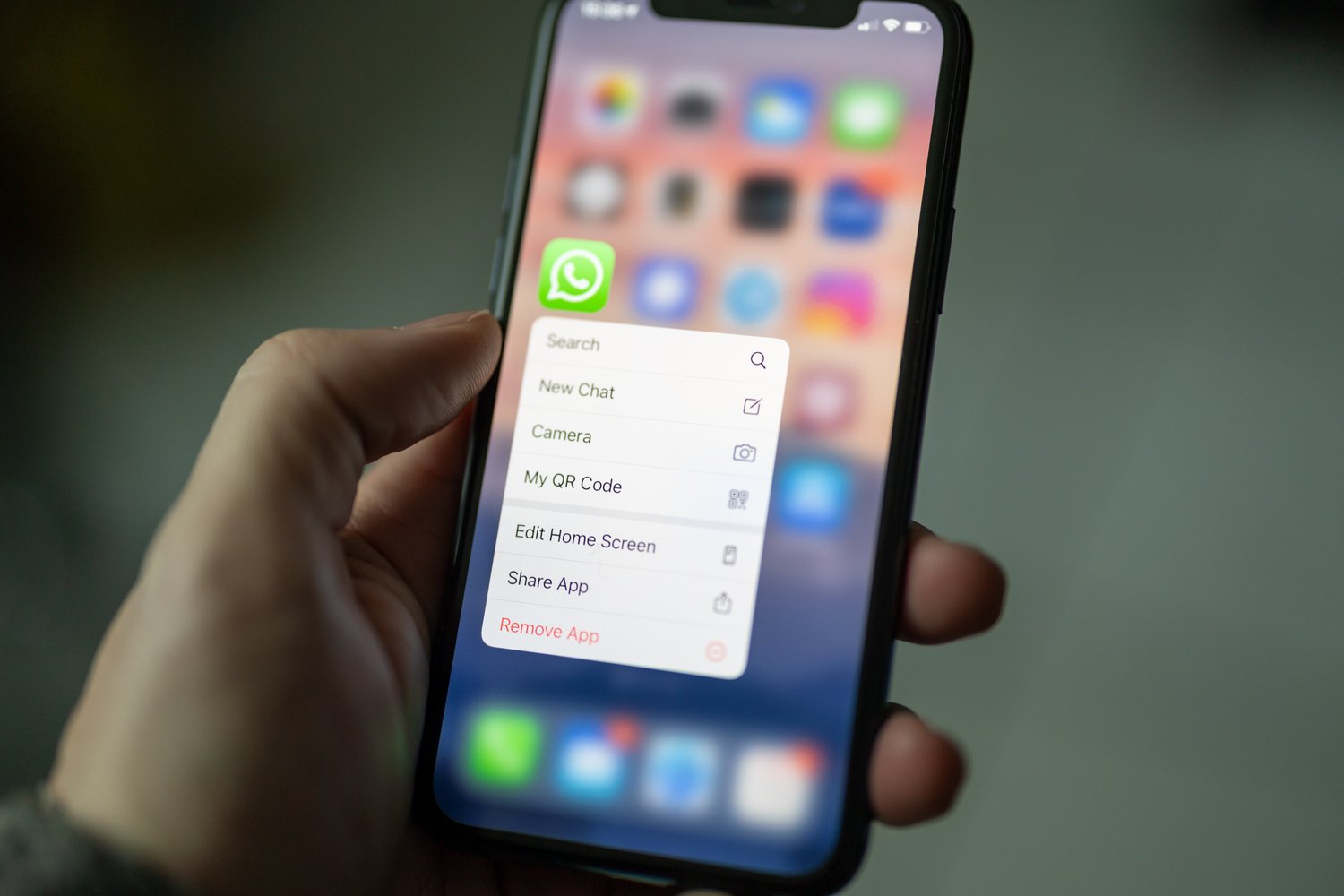How much time do you think you spend using a screen every day? According to the CDC, kids ages 11-18 spend an average of 8 1/4 hours in front of a screen daily. It’s easy to be overwhelmed by that number, and if you feel that way, you’re not alone.
On one hand, technology has helped us become way more productive. It’s helped automate repetitive tasks and pinpoint when we’re most productive. There’s also an endless supply of information available to us. And, it’s certainly enhanced how we communicate and collaborate with others.
On the other hand, it can be distracting and gets in the way of creative thinking. Even more worrisome, some believe that we’re straight-up addicted to technology. And, obviously, that’s not good for our mental or physical health.
Obviously, that’s going to disrupt our productivity. More troubling? Too much screen time can also cause vision problems, impact our sleep, and encourage a more sedentary lifestyle. It can even lead to anxiety, stress, and depression. The reasons? We’re constantly comparing ourselves to others on social media and the need for instant gratification overtakes us.
Suffice it to say, you should reduce your screen time. And, that’s possible by implementing the following 6 strategies.
Leverage Technology
If you find it difficult to put your phone down or shut your laptop, let technology help to make you screen-free during various times of the day. Use your phone or calendar system to set alarms reminding you to take breaks. Activity monitors, like an Apple Watch, tend to increase your physical activity and decrease your screen usage simply because you’re paying attention to them.
If you have an iPhone, you can use the screen time feature. And if you have an Android, you can enable Digital Wellbeing.
Next, you can also use this information to set time limits. For example, if you’ve discovered that you’re spending too much time on YouTube, you can tell your phone to turn the app off after one or two hours of use. You will also be able to see your activity, categorized by app or day, and results from your usage may be just the wake-up call you need to put your phone down. Also, it is best to not use electronics while eating, as it makes for a more enjoyable and memorable meal.
Make Your Room Screen Free
Most of us use our phones as alarm clocks, so they are the first thing we see in the morning and also the last thing we see at night. Blue light exposure can impact the quality of our sleep. Here is an article I wrote on improving your sleep.
When you grab your phone first thing, it is easy to spend the next hour laying there scrolling through social media. As a result, you stay in bed longer than you should and end up stressing about the day.
The solution? Charge your phone in another room, avoid looking at screens for at least an hour before bed, and use a physical alarm clock or smartwatch as your alarm instead.

Remove Unneeded Apps
My phone used to be filled with all kinds of useless apps. Games, shopping apps, list makers, TV show apps, and more. You can easily give yourself less of a reason to check your phone by removing the useless apps you don’t need (or even want).
A reason to keep some social media apps is for creativity. For example, if you have a YouTube channel you probably wouldn't want to delete the YouTube app. What you do not need are all of the random games you installed just to try out.
Delete Social Media
No, you will not die without TikTok. I deleted it almost a year ago and never looked back. This goes for almost any social media app that you don’t need. If you delete it, after a while, you won’t even miss it.
At first, you'll habitually check your phone to see if you missed anything. I have even instinctively scrolled to the page and tapped on the empty spot where the app used to be. Then, as days pass, your checking will become less impulsive as you discover there is absolutely nothing waiting for you there.

Be a Creator Instead of a Consumer
Consumer Mindset — The mindset of a person who consumes content. For example, watching videos on YouTube.
Creator Mindset — The mindset of a person who creates content, like makingvideos on YouTube.
Screens are not all bad, they can be used to create or consume. The majority of people use their electronics solely to consume content. But, if you decide to create instead of consuming with your devices, you will not regret it. Creating content has many benefits. Here are some:
Voicing your opinions
Helping people improve themselves
Making money
Learning new skills

Try Other Activities
A common problem people have when reducing their screen time is simply not having anything else to do. Reading, preparing your next meal, playing sports, working out, or even playing a board game are all productive and fun things that you can spend your time on instead of using your phone. Give it a try! Just wait and see what you will have time to do! Now that you have more time, you can use it on improving your health, or creating something that truly makes you happy.
